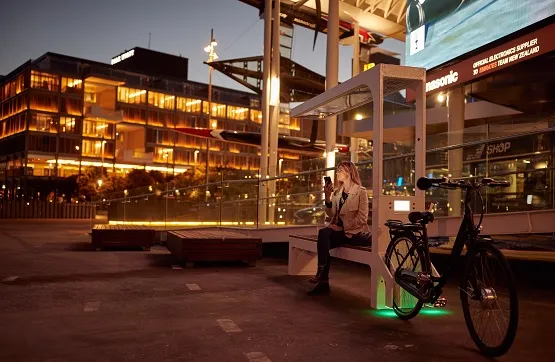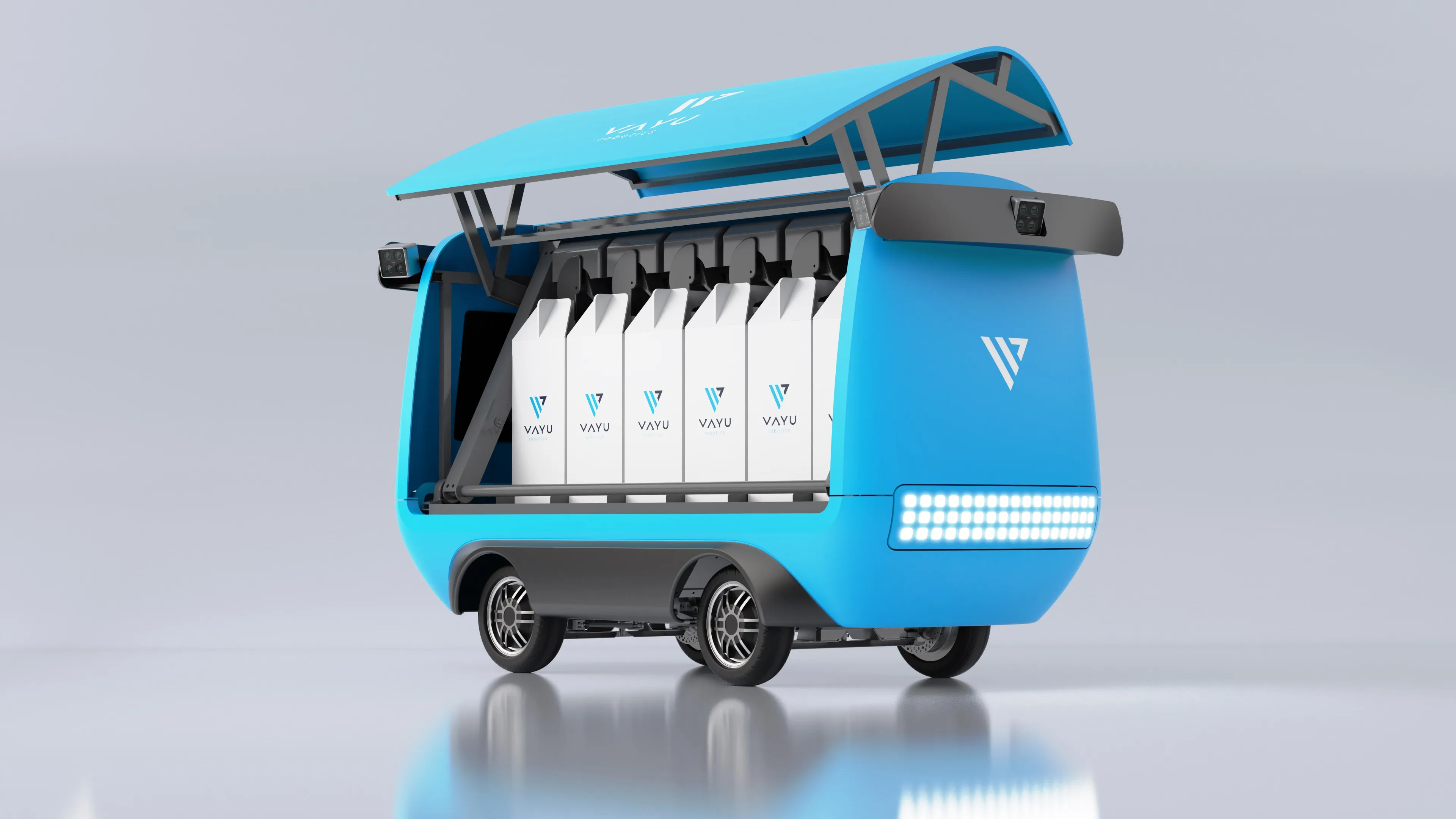The Light & Charge system, developed by BMW together with its partner, eluminocity US, transforms existing street and parking lot light poles into connected nodes on a smart city network. The system combines LED lighting, EV charging and a sensor bus that senses various parameters and connects the site to the cloud. The sensor bus also provides edge-computing power for other connected devices nearby.
In Seattle, each Light & Charge site will include one ChargePoint DC Fast Charger and two to four AC, Level II chargers. The chargers all run on the ChargePoint network and will all be available to the public and compatible with any EV that has a standard SAE J1772 charging port.
The addition of Light & Charge stations in Seattle will also allow ReachNow to expand its shared fleet of EVs. Today, the electric BMW i3 vehicle makes up 10 per cent of the total ReachNow fleet and, with less than a year on the road, ReachNow’s shared electric fleet claims to have saved more than 55 tons of CO2 emissions.
ReachNow installs 20 public EV charging stations in Seattle
BMW’s ReachNow car-sharing service has installed the first of 20 Light & Charge electric vehicle (EV) charging locations in Seattle, US, as part of a US$1.2 million investment by the BMW Group. Seattle is the first city in North America to make the award-winning Light & Charge system, which turns existing streetlights into EV charging stations, available to the public.
May 23, 2017
Read time: 2 mins
BMW’s ReachNow car-sharing service has installed the first of 20 Light & Charge electric vehicle (EV) charging locations in Seattle, US, as part of a US$1.2 million investment by the BMW Group. Seattle is the first city in North America to make the award-winning Light & Charge system, which turns existing streetlights into EV charging stations, available to the public.










